Published
8 months agoon
By
zaghrah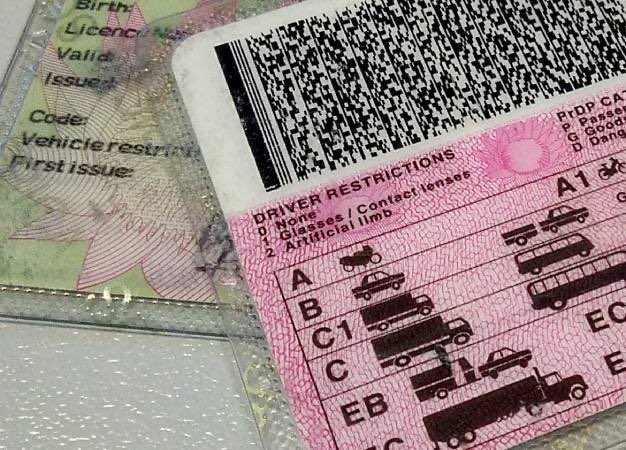
If you’ve tried to renew your driving licence in South Africa lately, you’re probably stuck in an exhausting waiting game — one that could last up to a year. A massive backlog of over 700,000 unissued driving licence cards has left drivers across the country fuming, and now a major civil organisation is calling for urgent changes.
In theory, getting your renewed licence card should take about two weeks. In practice? South Africans are being told to expect delays of four to six months. Some calculations suggest it could actually take 13 months to clear the current backlog at the current printing pace.
While the Department of Transport insists that the production machine is functional and has been printing since May, many remain unconvinced. The department says 269,000 cards have been produced — but only a fraction of those actually reduced the backlog. According to MyBroadband, since mid-May, the backlog only shrunk by 43,000. The rest? New applications.
To add insult to injury, the department’s advice for now is pretty bare-bones: Just keep your receipt in your car. That’s cold comfort to motorists pulled over by traffic officers who may not have received the memo.
OUTA (Organisation Undoing Tax Abuse), long a watchdog on public accountability, says enough is enough. The group is demanding that Transport Minister Barbara Creecy declare an official moratorium on fines for expired driving licence cards, at least for people who’ve already applied for renewal.
And not just that. They also want:
No temporary licences required while the backlog remains.
Nationwide public communication so motorists aren’t left guessing.
Clear guidelines for law enforcement so drivers aren’t unfairly harassed.
“It’s unreasonable to punish people for a problem they didn’t cause,” said OUTA’s legal chief Advocate Stefanie Fick. She’s got a point. After all, if the state can’t deliver, why should citizens pay the price?
This whole debacle is rooted in a deeper issue: South Africa’s reliance on outdated technology and a troubled procurement process.
Last year, OUTA raised the alarm about suspicious activity surrounding the tender for a new licence card machine. The government awarded a nearly R900 million tender, almost double the initial budget and the Auditor-General confirmed irregularities in March 2025.
Now, Minister Creecy says she’ll go to court to overturn the tender. But OUTA is still waiting for updates. Meanwhile, the country’s only licence card printing machine struggles to keep up.
For many South Africans, a valid driving licence isn’t just a document, it’s access to work, to school runs, to life. In rural areas or for working-class families without reliable public transport, driving is essential. And yet, they’re the ones most affected by long queues, inconsistent messaging, and uncertainty.
Social media has exploded with frustration:
“I’ve been waiting since March. Every time I ask, they say it’s ‘still processing.’ Why must we suffer?”
“Got stopped yesterday. Showed them my receipt. They still gave me a warning.”
This isn’t just a paperwork problem. It’s about basic service delivery, and it’s part of a wider crisis of trust in South Africa’s transport and licensing systems.
OUTA has even suggested extending the validity of licence cards to 10 years, in line with international standards. It’s an idea worth considering especially if it means fewer bottlenecks, less bureaucracy, and a little more sanity for South Africans just trying to follow the law.
Until then, the road ahead is long. And for hundreds of thousands of drivers, it’s lined with red tape, broken promises, and a government machine that’s still spinning its wheels.
{Source: BusinessTech}
Follow Joburg ETC on Facebook, Twitter , TikTok and Instagram
For more News in Johannesburg, visit joburgetc.com
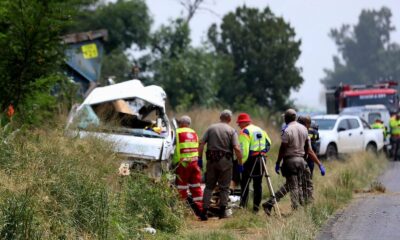

Creecy and Hlengwa express grave concern over rising public transport road fatalities
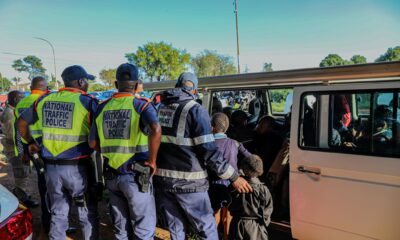

More than 60 scholar transport vehicles impounded in Lenasia after Vanderbijlpark tragedy
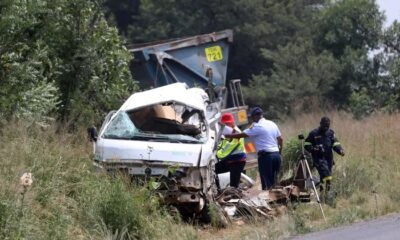

Scholar transport safety pushed to breaking point after Vanderbijlpark tragedy
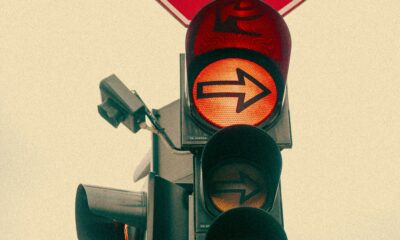

The 1,427: Inside the Human Choices That Defined SA’s Deadly Festive Roads
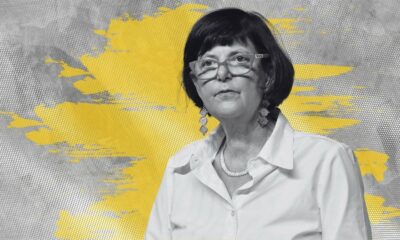

South Africa moves closer to a total ban on drinking and driving
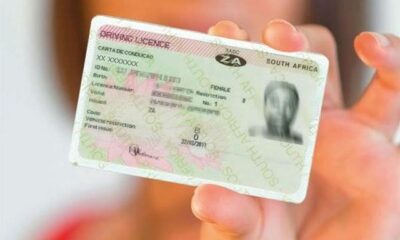

Eight-Year Licence Validity Could Cost Drivers More, Warns Creecy















